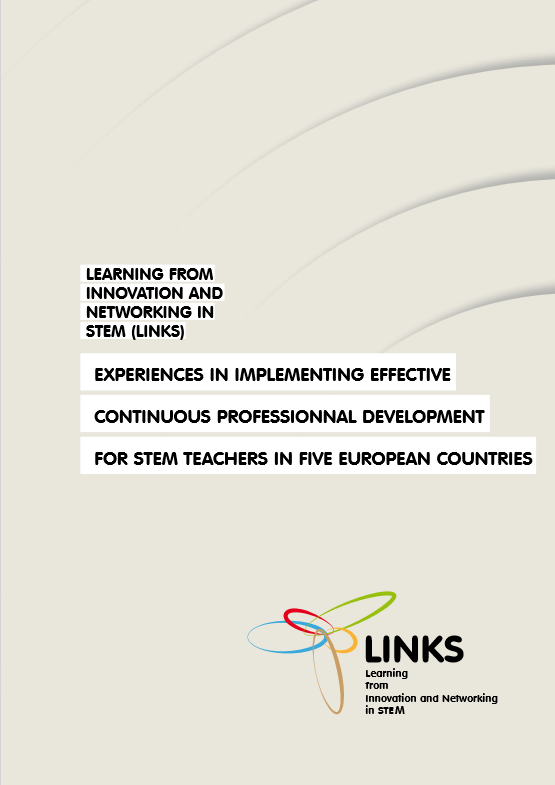The “LEARNING FROM INNOVATION AND NETWORKING IN STEM (LINKS)” study is a comprehensive report examining the effectiveness of collaborative networks in science education across Europe. The study involved five European countries and aimed to identify the benefits and challenges of developing collaborative networks for science education, as well as to assess the impact of these networks on teachers and students.
One of the key findings of the study is that collaborative networks can be highly effective in enhancing science education across Europe. The study found that such networks can help to build capacity in science education by fostering collaboration, promoting professional development, and improving the quality of science teaching and learning. Collaborative networks can also help to address common challenges in science education, such as teacher shortages, limited resources, and low student engagement.
The study identified a number of benefits of collaborative networks, including the sharing of knowledge and resources, the development of new teaching methods and strategies, and the promotion of cross-disciplinary learning. Additionally, collaborative networks can promote the integration of science with other subjects, such as art, mathematics, and technology, which can help to create a more holistic approach to education.
Despite these benefits, the study also identified some challenges associated with collaborative networks in science education. These challenges included the need for effective coordination and communication between network partners, the need to align different educational systems and policies across countries, and the challenge of sustaining collaboration and engagement over time.
Overall, the “LEARNING FROM INNOVATION AND NETWORKING IN STEM (LINKS)” study provides valuable insights into the potential benefits and challenges of collaborative networks in science education across Europe. The study underscores the importance of developing collaborative networks to improve the quality of science education and to build capacity in the field. The findings of the study can be used to inform the development of effective strategies and policies for science education at local, national, and international levels, and to promote the ongoing development of collaborative networks in science education.

